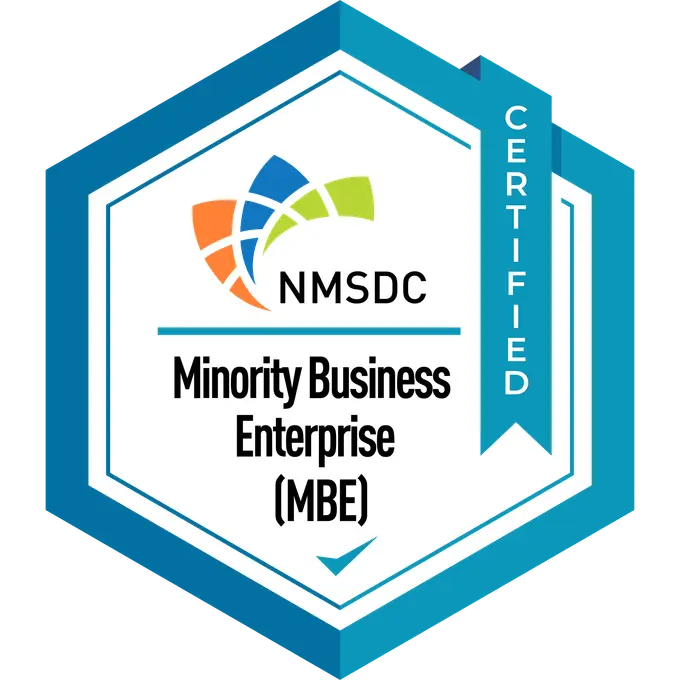When it comes to protecting your Oracle Cloud Database, keeping your users informed about the latest best practices and techniques to keep your data secure is one of the best steps to take. When it comes to security vulnerabilities, your users are one of the biggest risks. 28% of data breaches in 2018 involved inside actors in some way.
But with a few simple tips, you can protect your Oracle Cloud Database users, and decrease the risk of a cyberattack or data breach significantly. Read on, and learn more now.
- Implement A Strong Password Management Policy
A user’s password can often be the weakest part of your Oracle security plan. A simple, short, or easy-to-guess password can be easily “brute forced,” and guessed by a computer – often in just a few minutes.
For this reason, it’s absolutely essential to have a strong password management policy in your organization. A few best practices you can follow include:
- Requiring users to change their passwords every three months
- Preventing reuse of any old passwords, or similar/nearly-identical passwords
- Requiring a minimum of 8+ characters in each password.
- Requiring the use of uppercase and lowercase characters, numbers, and special characters
- Locking accounts after a certain number of failed login attempts
By implementing a strong password management policy, you’ll be able to make sure that your employees are using a password that’s hard to guess through a brute force attack – and you’ll keep your data safe.
- Use The Principle Of Least Privilege (POLP) When Creating User Accounts
When setting up new accounts for your Oracle database, you need to follow the Principle of Least Privilege. In other words, each user should have the bare minimum permissions that they need in order to perform their work.
Under no circumstances should normal end-users have access to superuser or administrator accounts, or privileges that are not required for performing their day-to-day tasks. They should only have access to read, modify, and change files that are required for their jobs. This reduces the risk of an administrator account being hijacked – and also helps reduce the risk of accidental data loss.
- Keep Your Oracle Database Updated At All Times
As part of your regular database administration and maintenance, you need to prioritize updating your Oracle Database, and patching any and all security flaws and vulnerabilities that may have been identified. Running an out-of-date Oracle Database exposes you to known vulnerabilities, which malicious third-parties may use to their advantage.
- Change Default Oracle Database Passwords
During the initial installation of an Oracle Database, default administrator and user accounts will be created with default passwords – which are widely known, and could lead to serious security vulnerabilities. If you have never audited your user accounts and checked to ensure that all of these default user accounts have been locked and expired, now is the time to do so. Make sure you’ve changed in the login information for all administrator accounts, and locked and expired all other default user accounts.
- Check System Audit Logs Regularly For Suspicious Activity
Checking your database logs is a great way to identify suspicious activity – both from users who may be working inside your company, and for users who may have somehow gained access to your database through illegitimate means. You can detect activity that seems strange – such as an unauthorized user trying to change or delete data – and take actions to address the problem.
- Enable Encryption In Your Oracle Database
WIth Oracle Transparent Data Encryption (TDE), you can quickly and easily encrypt sensitive information in your databases, such as credit card information and other personally identifiable information (PII). This ensures that the data stored in your database is only decrypted when accessed by an authorized user – in its raw form, it will be unreadable without the proper decryption key. We highly recommend that you enable TDE in any database with potentially-sensitive information.
Follow These Tips – Keep Your Users And Your Database Secure!
With these simple tips for Oracle Database security, you’ll be able to protect your data – and make sure that only authorized, properly-privileged users can access, modify, and remove data from your databases. Implement them today, and secure your business. If you’ve got more questions or would like to learn more, contact Cornerstone today for an Oracle security assessment.
About the Author: David Rincon
Start The Conversation Today!
- Schedule Your Consultation
- Enjoy a Personalized Strategy Session
- Level-Up Your IT





